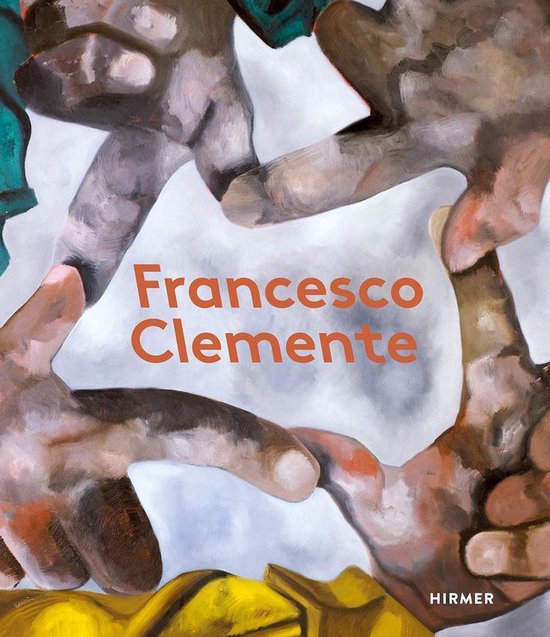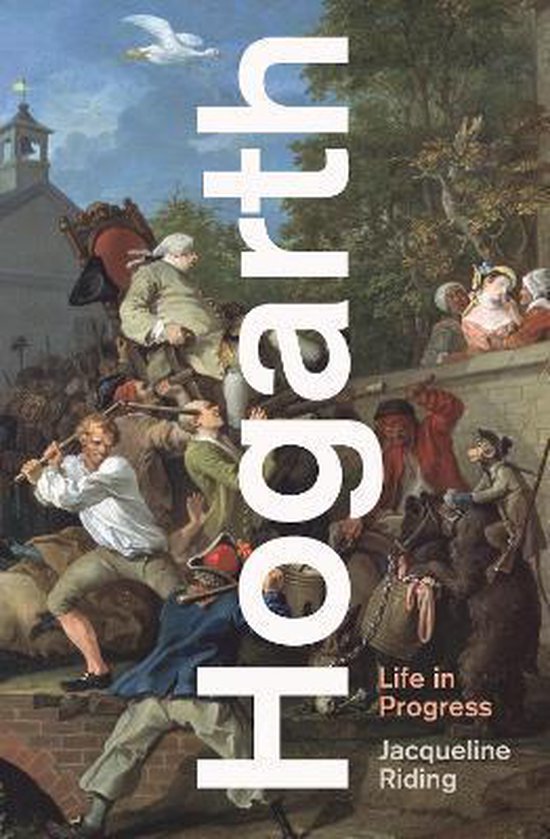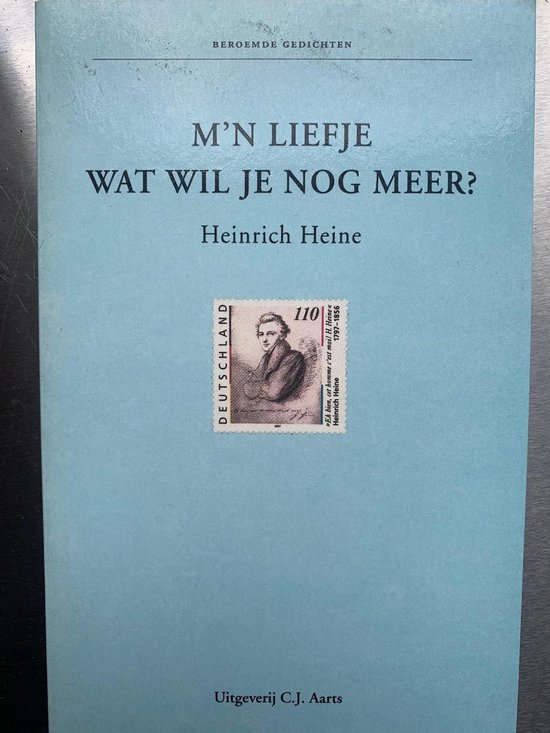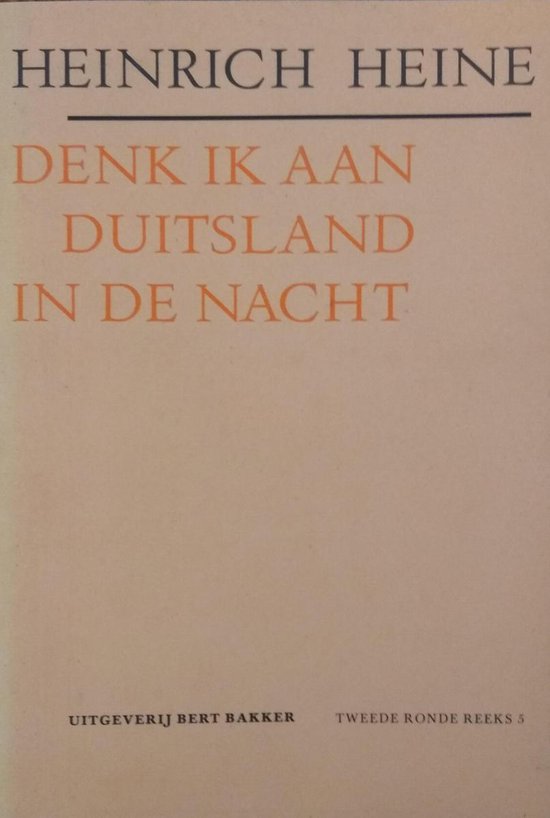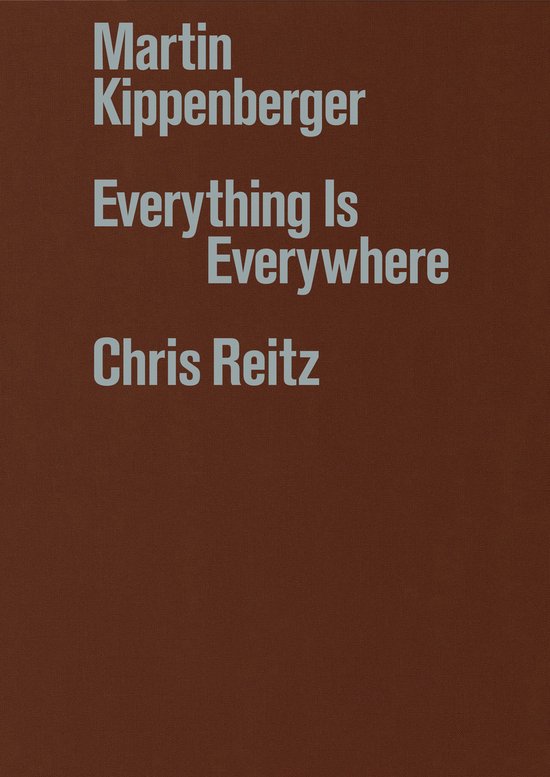
Martin Kippenberger
An illuminating study of the work of artist Martin Kippenberger, whose art expressed the enthusiasms and frustrations of the West German middle class.
Martin Kippenberger: Everything Is Everywhere is the first scholarly monograph in English on West German artist Martin Kippenberger (19531997), one of the most prominent German artists of the 1980s. In this book, Chris Reitz shows that the condition of Kippenbergers art was an endless, enthusiastic searching, constrained by the impossibility of fulfillment. A child during West Germanys Wirtschaftswunder, the economic miracle of the 1950s and 1960s, and a young adult during the economic recession and political tumult of the 1970s, Kippenberger belonged to the first truly postwar generation. But, largely uninterested in the legacy of National Socialism that had occupied his predecessors, Kippenberger instead pursued a hyperproductive artistic practice that reflected the dreams and fears of the ascendent 1980s West German middle class.
Kippenbergers ambitions took him everywhere: he founded a museum in Greece, invested in a fashion business and a restaurant, and even bought a gas station in Brazil. He made art in a dizzying range of genres, from paintings to poetry, from posters to stickers. He made art out of his appetites, too, producing art on the theme of his own alcoholism. Intensely entrepreneurial, Kippenberger carried out an artistic practice in which his diverse endeavors, and the people who joined him in them, were all connected in a sprawling network. Reitz deftly presents Kippenbergers career as an allegory of the neoliberal networks of capital, technology, and culture that spanned Europe and America in the 1980s.
Martin Kippenberger: Everything Is Everywhere is the first scholarly monograph in English on West German artist Martin Kippenberger (19531997), one of the most prominent German artists of the 1980s. In this book, Chris Reitz shows that the condition of Kippenbergers art was an endless, enthusiastic searching, constrained by the impossibility of fulfillment. A child during West Germanys Wirtschaftswunder, the economic miracle of the 1950s and 1960s, and a young adult during the economic recession and political tumult of the 1970s, Kippenberger belonged to the first truly postwar generation. But, largely uninterested in the legacy of National Socialism that had occupied his predecessors, Kippenberger instead pursued a hyperproductive artistic practice that reflected the dreams and fears of the ascendent 1980s West German middle class.
Kippenbergers ambitions took him everywhere: he founded a museum in Greece, invested in a fashion business and a restaurant, and even bought a gas station in Brazil. He made art in a dizzying range of genres, from paintings to poetry, from posters to stickers. He made art out of his appetites, too, producing art on the theme of his own alcoholism. Intensely entrepreneurial, Kippenberger carried out an artistic practice in which his diverse endeavors, and the people who joined him in them, were all connected in a sprawling network. Reitz deftly presents Kippenbergers career as an allegory of the neoliberal networks of capital, technology, and culture that spanned Europe and America in the 1980s.
| Auteur | | Chris Reitz |
| Taal | | Engels |
| Type | | Hardcover |
| Categorie | |
